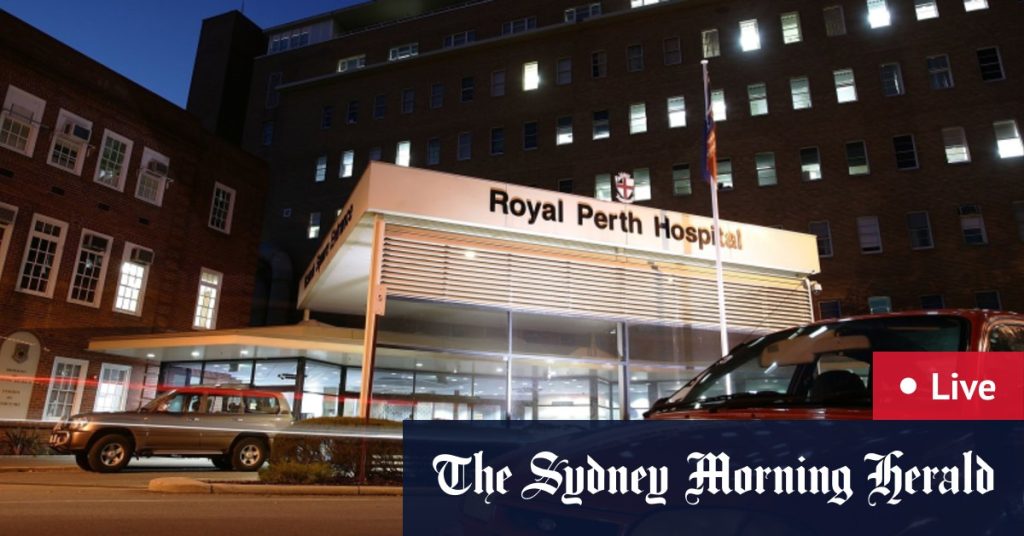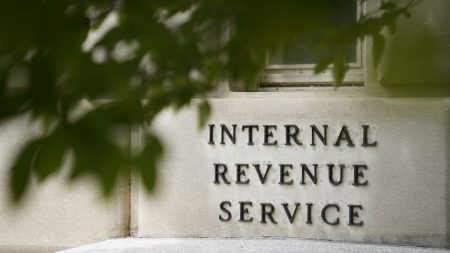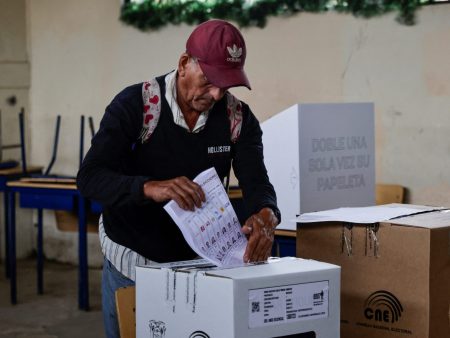Royal Perth Hospital (RPH) is set to undergo a significant transformation as part of a major election commitment by the Cook Labor government. The centerpiece of this pledge is a $104 million investment aimed at modernizing the hospital, with a particular focus on revolutionizing its emergency department (ED). Premier Roger Cook and Health Minister Amber-Jade Sanderson announced the plan, which allocates $97.3 million specifically for the ED redevelopment and an additional $7 million to create a comprehensive blueprint for a broader hospital upgrade. This ambitious project is part of Labor’s broader strategy to address critical healthcare challenges in Western Australia, including ambulance ramping, long patient wait times, and suboptimal working conditions for hospital staff. Speaking at the announcement, Premier Cook emphasized the transformative potential of the project, describing it as a game-changer for emergency care at RPH.
The ED redevelopment plan is extensive and designed to meet the growing demands of the community. It includes the addition of over 50 new treatment bays, a dedicated space for a new CT scanner, eight extra ambulance triage bays, an increased number of triage rooms, and a specialized mental health early treatment zone. These upgrades will not only improve the hospital’s capacity to handle emergency cases but also provide a more streamlined and efficient patient care experience. The expansion will involve constructing a new building north of the existing Q block, effectively increasing the footprint of the ED. This physical expansion is expected to alleviate some of the pressures currently faced by the hospital, particularly during peak periods or when dealing with high-acuity cases.
While the Labor government’s announcement has been met with enthusiasm, the opposition has also made its mark on the healthcare debate. On the same weekend, the WA Liberals unveiled their own election pledge, committing $73.2 million to expand St John WA’s urgent-care clinic model. This initiative will see the establishment of three new fully equipped clinics across the state. Additionally, the Liberals have pledged $18 million to purchase 60,000 episodes of care at these urgent-care clinics. According to WA Liberal leader and opposition health spokeswoman Libby Mettam, this approach will help reduce the pressure on hospital emergency departments by diverting lower-acuity cases to more appropriate settings.
The urgent-care clinics proposed by the Liberals are specifically designed to treat injuries and illnesses that do not require the intensive resources of a full emergency department. Conditions such as fractures, sprains, minor infections, and other less severe cases can be efficiently managed at these clinics. This not only benefits patients by providing quicker access to care but also alleviates the burden on hospitals and ambulance services. By creating a more distributed healthcare system, the Liberals aim to address the systemic issues contributing to ambulance ramping and lengthy wait times in EDs. Mettam described the initiative as a “win-win” for hospitals, patients, and the ambulance service, emphasizing its potential to enhance the overall efficiency of the healthcare system.
The dual focus on emergency department upgrades and urgent-care expansion reflects a shared recognition of the challenges facing Western Australia’s healthcare system. Both announcements address the pressing issue of ambulance ramping, which occurs when ambulances are unable to offload patients at hospitals due to capacity constraints. This issue has been a persistent problem in the state, leading to delays in patient care and increased stress on both ambulance crews and hospital staff. By modernizing RPH’s ED and expanding access to urgent care, both parties hope to create a more resilient healthcare system capable of meeting the needs of a growing and aging population.
The initiatives also highlight the importance of investing in both acute and community-based care to create a balanced healthcare system. While the Labor government’s focus on RPH’s ED aims to enhance the hospital’s ability to handle high-acuity cases, the Liberal’s urgent-care clinics target the other end of the spectrum, providing quick and accessible care for less severe conditions. Together, these approaches demonstrate a commitment to addressing the full spectrum of patient needs and ensuring that resources are used effectively to deliver the best possible outcomes for Western Australians. As the election season progresses, healthcare is likely to remain a key area of focus for both parties, with voters closely watching how these promises translate into tangible improvements in their community.












